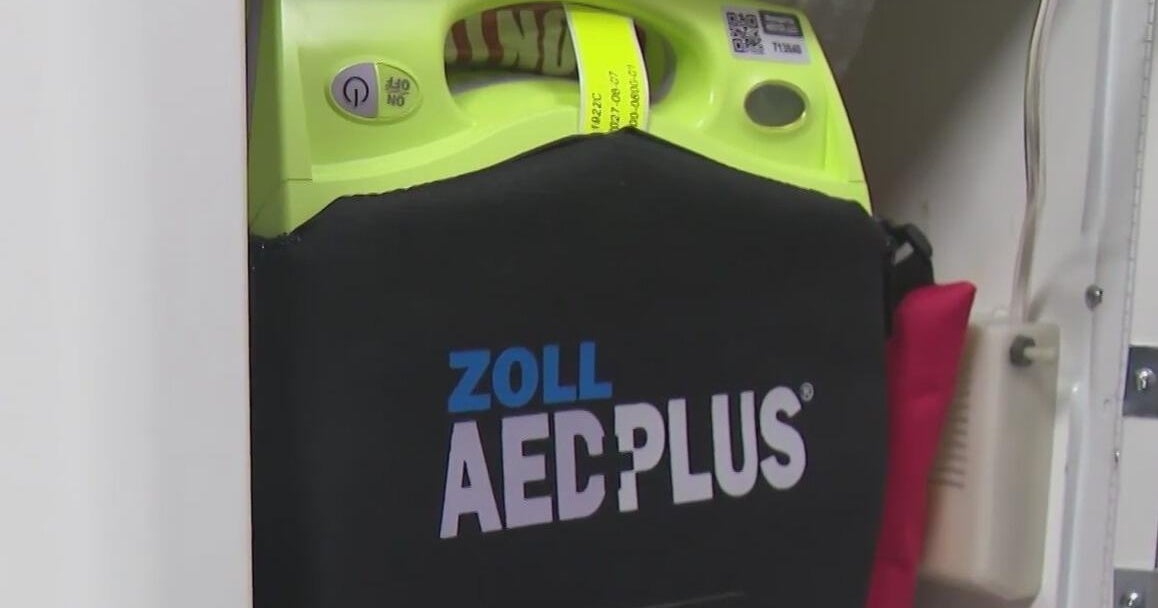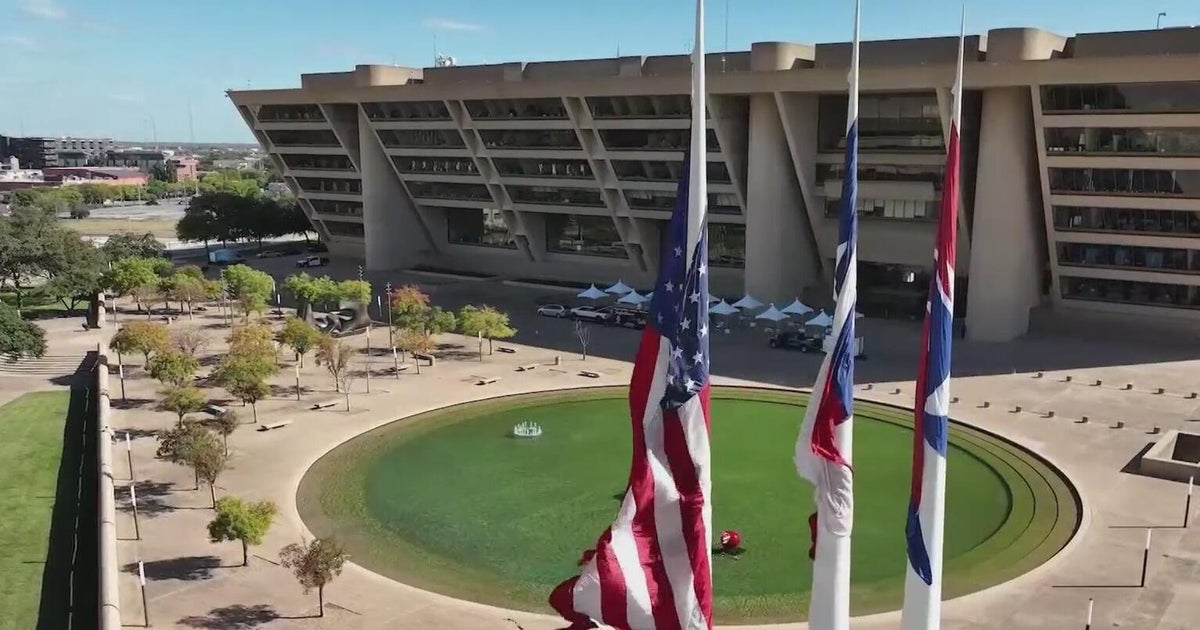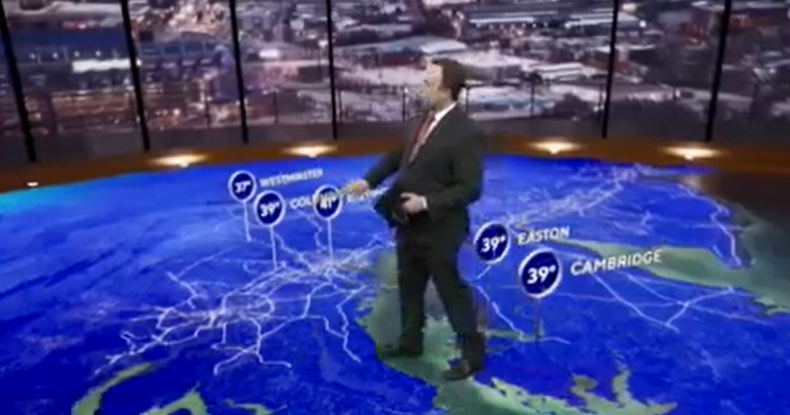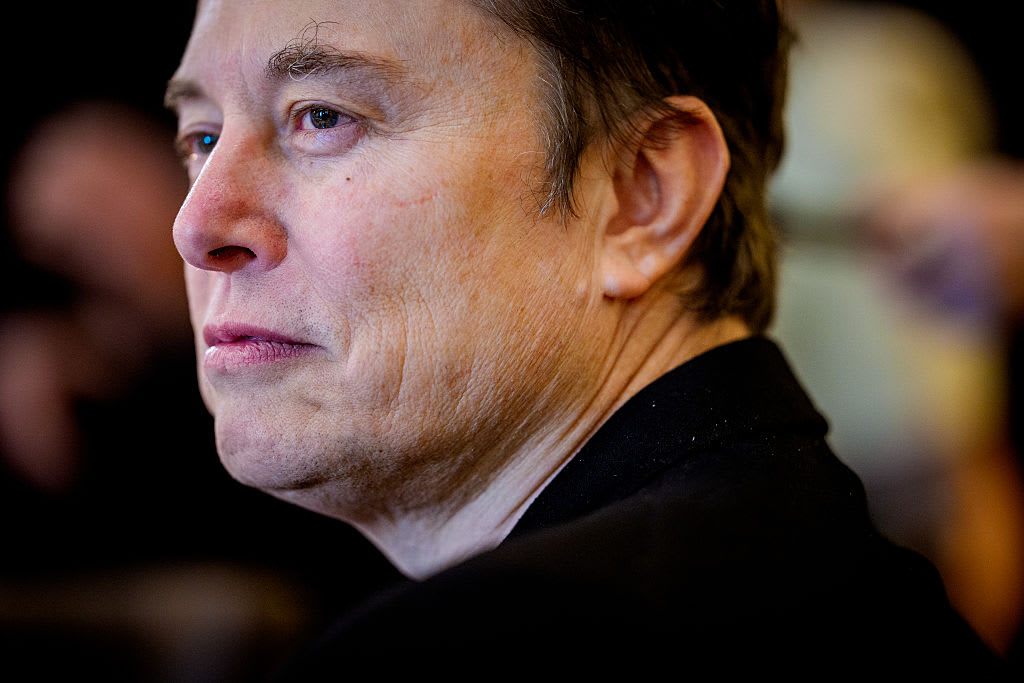SpaceX launches low-cost "rideshare" mission putting 40 payloads in orbit
A SpaceX Falcon 9 rocket boosted 40 payloads into orbit Friday on the company's fourth "rideshare" mission, a relatively low-cost path to space for a variety of small satellites and sensors that otherwise might have to hitch rides with other providers on a space-available basis.
The largest and most expensive satellite on board the Falcon 9 was the German space agency's $330 million Environmental Mapping and Analysis Program, or EnMAP, remote sensing satellite mounted at the top of the payload dispenser.
Equipped with a telescope and two spectrometers, EnMAP is designed to record sunlight reflected from the surface across 242 different wavelengths, or colors. Analysis of the light will help scientists and policy makers better understand the health of targeted areas, from agriculture and forestry management to water quality.
"We have a separate image for each wavelength range, which we can then analyze," Sebastian Fischer, the mission manager, told Spaceflight Now. "And we can detect, for example, if a plant does not have enough water, or if the plant is missing nutrients."
Also on board the Falcon 9: "CubeSats, microsats, picosats, non-deploying hosted payloads and an orbital transfer vehicle carrying spacecraft to be deployed at a later time," SpaceX said on its website.
The mission began at 12:24 p.m. when the Falcon 9 rocket, using a first stage making its seventh flight, blasted off from pad 40 at the Cape Canaveral Space Force Station.
Arcing away toward a polar orbit, the first stage boosted the rocket out of the lower atmosphere and then fell away as the second stage continued the climb to space.
EnMAP was released after the first of three second-stage engine firings, drifting away on its own 14 minutes after liftoff. Two other smaller satellites then were released before two additional engine firings to fine tune the orbit for the rest of the payloads.
The remaining satellites were released from a central dispenser atop the second stage starting about one hour and 15 minutes after launch.
The launching marked SpaceX's fourth rideshare mission, a unique launch service that lets multiple small satellite owners and operators share space on a Falcon 9. Including a recent price hike blamed on inflation, the cost can be as low as $1.1 million for satellites weighing up to 440 pounds.
SpaceX launched a record 143 satellites on its first rideshare mission in January 2021, 88 on its second mission last June and 105 on the Transporter 3 mission earlier this year. Based on growing demand, the company is now planning three rideshare missions per year.




